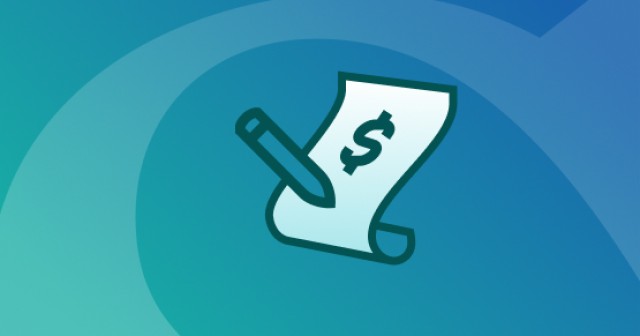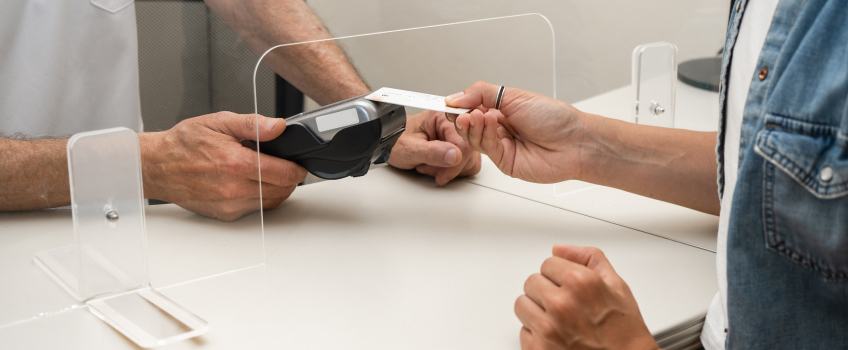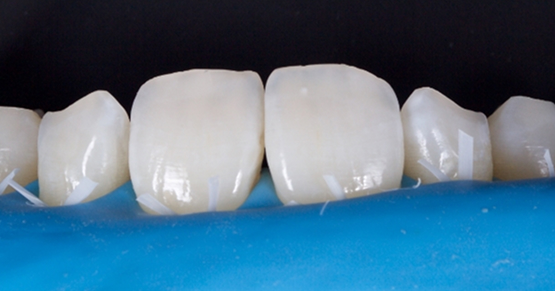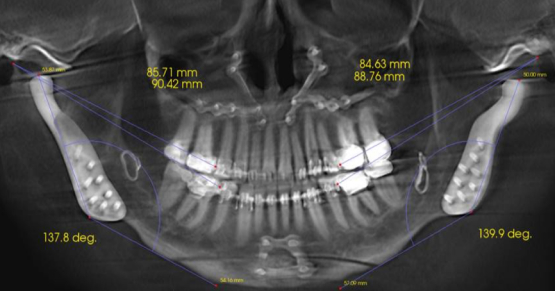- Practice Management
- |
- Practice Team

5 Illegal Dental Billing Practices To Avoid
It’s estimated that up to 3% of total health care expenditures per year — including for dental care — result from fraud. With national dental care expenditures reaching $162 billion per year, that amounts to a massive $4.86 billion in annual dental billing fraud. Most dentists don’t engage in intentional misconduct; they’re reputable, well-meaning providers who want to help people. However, some illegal dental billing practices could lead to unintentional rule-breaking.
Before implementing any billing or patient policies, consult with an attorney who specializes in health care law. Legal guidance ensures that your practice adheres to regulations and avoids unintentional mistakes that could lead to legal consequences, jeopardizing patient trust and your practice’s reputation.
5 illegal dental billing practices that can happen unintentionally
Most dentists don’t get a lot of training in medical billing and coding, nor do they fully understand the ethical or legal repercussions. They typically rely on their staff to ensure the practice follows approved protocols for submitting insurance claims and handling self-pay patients. That’s why it can be easy to commit the five following illegal dental billing practices unintentionally:
- Waiving co-pays
- Unbundling
- Bad-faith estimates
- Kickbacks
- Downcoding
These practices are particularly challenging because they’re not always intentionally done. By examining the purpose behind each, you can avoid these issues in your practice.
Why waiving co-pays can cost you
Waiving co-pays may seem a great way to encourage patients to accept treatment plans. However, there’s a third party involved in the patient/dentist relationship: the insurance company. The patient has a contractual agreement with that company, as does the dentist. Under the American Dental Association’s guidance on co-pay waivers:
A dentist who accepts a third-party payment under a co-payment plan as payment in full without disclosing to the third party that the patient’s payment portion will not be collected is engaged in overbilling.
Disclosing the waiver to the insurance company isn’t an immediate fix for this situation, either. A dentist who routinely waives co-pays may be overbilling, misrepresenting the cost of service, or favoring patients in a discriminatory way. For those reasons, it’s best to complete any co-pay waivers in accordance with charitable or free aid programs, rather than directly.
Understanding (and avoiding) unbundling
In dental care, unbundling typically refers to separating dental services commonly provided together or as part of a comprehensive treatment plan. This practice may involve billing for individual procedures or elements of care separately, rather than as a bundled package. While legitimate reasons for itemizing certain services may exist, unbundling in dental care can be a sensitive issue, especially if it raises concerns about ethical billing practices or potential insurance fraud.
Unfortunately, it can be pretty confusing as to what would be considered unbundling and what the insurance company requires. There are hundreds of different dental billing codes for even the most minor parts of treatment, so confusion exists about why they are included if they’re not supposed to be used. The ADA outlines a few common issues, including:
- Billing for pins separately from a core buildup when pins are considered part of the buildup procedure.
- Charging separately for adhesives, bases, or liners from restorations, because these are defined to be included in the restoration code.
- Submitting occlusal adjustments and minor adjustments to prostheses as separate services when the prosthetic service includes routine postdelivery care.
- Billing suture removal as a separate service from extractions, which already include suturing and postoperative care.
- Treating X-rays taken during root canal therapy as a separate service from the root canal — which, by definition, includes intraoperative X-rays.
Those are just a few examples of unbundling issues that can have legal and ethical implications. Dentists must be cautious to ensure that unbundling practices comply with industry standards and regulations to maintain transparency and uphold the integrity of the billing process.
How the No Surprises Act affects dental estimates
Dental practices have typically enjoyed some protection against balance billing laws that prohibit other health care providers from collecting disallowed amounts on balances due. However, the No Surprises Act, passed in 2020, established some new restrictions that may affect dental billing related to this.
The Centers for Medicare & Medicaid (CMS) recently clarified that dental providers are generally obligated to furnish uninsured or self-pay individuals with a good-faith estimate of expected charges under federal regulation 45 CFR 149.610. However, CMS outlined an exemption, stating that providers are generally not required to offer such estimates to individuals enrolled in excepted benefit plans or coverage such as limited-scope dental plans. This exemption is based on the assumption that individuals with these plans fall outside the definition of uninsured.
However, there are exceptions to this exception as well. CMS has outlined two:
- If the excepted benefit plan does not cover a scheduled or requested item or service.
- If the individual does not seek to have a claim submitted to their excepted benefit plan.
In those cases, the individual is considered uninsured or self-paying for that service. In such cases, individuals with a reasonable-faith estimate can initiate the patient–provider dispute resolution process if the bill surpasses the estimate by at least $400.
Keep away from kickbacks
A medical billing kickback occurs when a practice uses payments to encourage patients to visit their offices, whether directly or through referrals. This undermines the integrity of health care services by potentially prioritizing financial incentives over patient needs. Such kickbacks can lead to compromised medical decisions, unnecessary treatments, and a distortion of the patient-provider relationship.
Regulatory bodies and healthcare organizations prohibit these practices to maintain the trust and ethical standards essential in the medical profession. Upholding transparency, prioritizing patient welfare, and adhering to established guidelines are crucial in fostering a healthcare system that prioritizes quality care over financial gain.
Do due diligence to avoid downcoding
Upcoding is an obvious problem in dental billing — clearly, dental practices should not be billing for higher-cost, more complex procedures to inflate their billable amounts. However, going the opposite way, known as downcoding, is also illegal. There are a few different reasons that this may happen:
- Insurance approval. Some providers may downcode to increase the likelihood of insurance approval, choosing codes that are more likely to be covered.
- Lack of familiarity. Unintentional downcoding may occur because of a lack of familiarity with coding guidelines or changes in coding systems.
- Increased reimbursement. Providers might downcode to ensure reimbursement, selecting codes that align with what insurance companies are more likely to approve.
- Avoidance of audits. Downcoding may be used to avoid scrutiny or audits from insurance companies or regulatory authorities.
- Perceived complexity. In some cases, providers might downcode because they perceive a procedure to be less complex than it is.
Adhering to accurate coding practices, avoiding both upcoding and downcoding, is crucial for dental professionals to ensure fair reimbursement, maintain ethical standards, and comply with legal regulations. Intuitive dental billing software and an expert team can help make this easier.

Overlooking these illegal dental billing practices is common because they often stem from unintentional errors rather than deliberate misconduct. Dental practices may aim to assist patients by alleviating financial burdens. The key to addressing these issues and maintaining ethical billing involves ongoing staff education, periodic audits, transparent patient communication, legal consultation, and implementing internal controls. Through such measures, dental practices can mitigate unintentional mistakes, promote accuracy, and uphold ethical standards in billing practices.
SPEAR NAVIGATOR
Transform how your practice runs by engaging the team through
coaching and training
A guided path to excellence through structured coaching and self-guided resources that will align your team, streamline processes and drive growth. Transform your practice by implementing Spear’s proven playbooks for developing and retaining a high-performing dental team.

By: Spear Team
Date: June 6, 2024
Featured Digest articles
Insights and advice from Spear Faculty and industry experts


